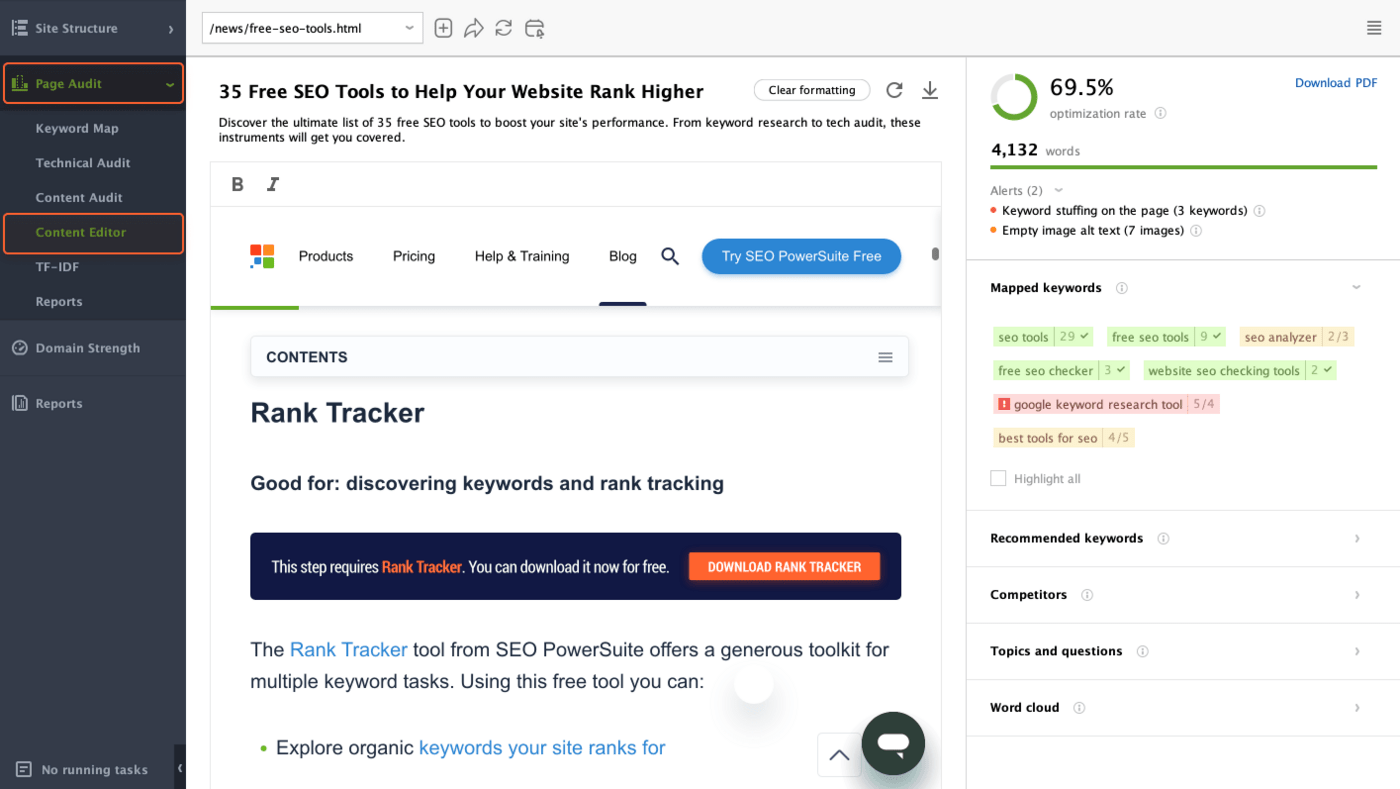Open Source - What Does It Really Mean?
Open source refers to software whose source code is freely available for anyone to view, modify, and distribute. This accessibility is a cornerstone of the open-source philosophy, fostering collaboration, innovation, and transparency.
Key Characteristics of Open Source Software:
- Free Redistribution: Users can share the software freely, without restrictions on selling or bundling.
- Source Code Availability: The codebase is open for anyone to inspect, analyze, and understand.
- Derived Works: Users can modify the original software and create new versions, often subject to the original license terms.
- No Discrimination: Open source is accessible to individuals, communities, and organizations without prejudice.
Benefits of Open Source:
- Cost-effectiveness: Open source often offers free alternatives to commercial software, reducing costs for individuals and businesses.
- Flexibility and Customization: The ability to modify the source code allows users to tailor the software to their specific needs.
- Community Support: A vibrant community of developers and users contributes to bug fixes, improvements, and support forums.
- Transparency and Security: Open source promotes transparency, allowing for peer review and potential vulnerability detection.
Examples of Popular Open Source Software:
- Operating Systems: Linux, Android
- Web Browsers: Mozilla Firefox, Chromium (the base of Google Chrome)
- Programming Languages: Python, PHP, Java
- Databases: MySQL, PostgreSQL
Impact of Open Source:
Open source has revolutionized the software industry, empowering developers, fostering innovation, and driving technological advancements. It plays a vital role in various sectors, from web development and data science to artificial intelligence and beyond.
















